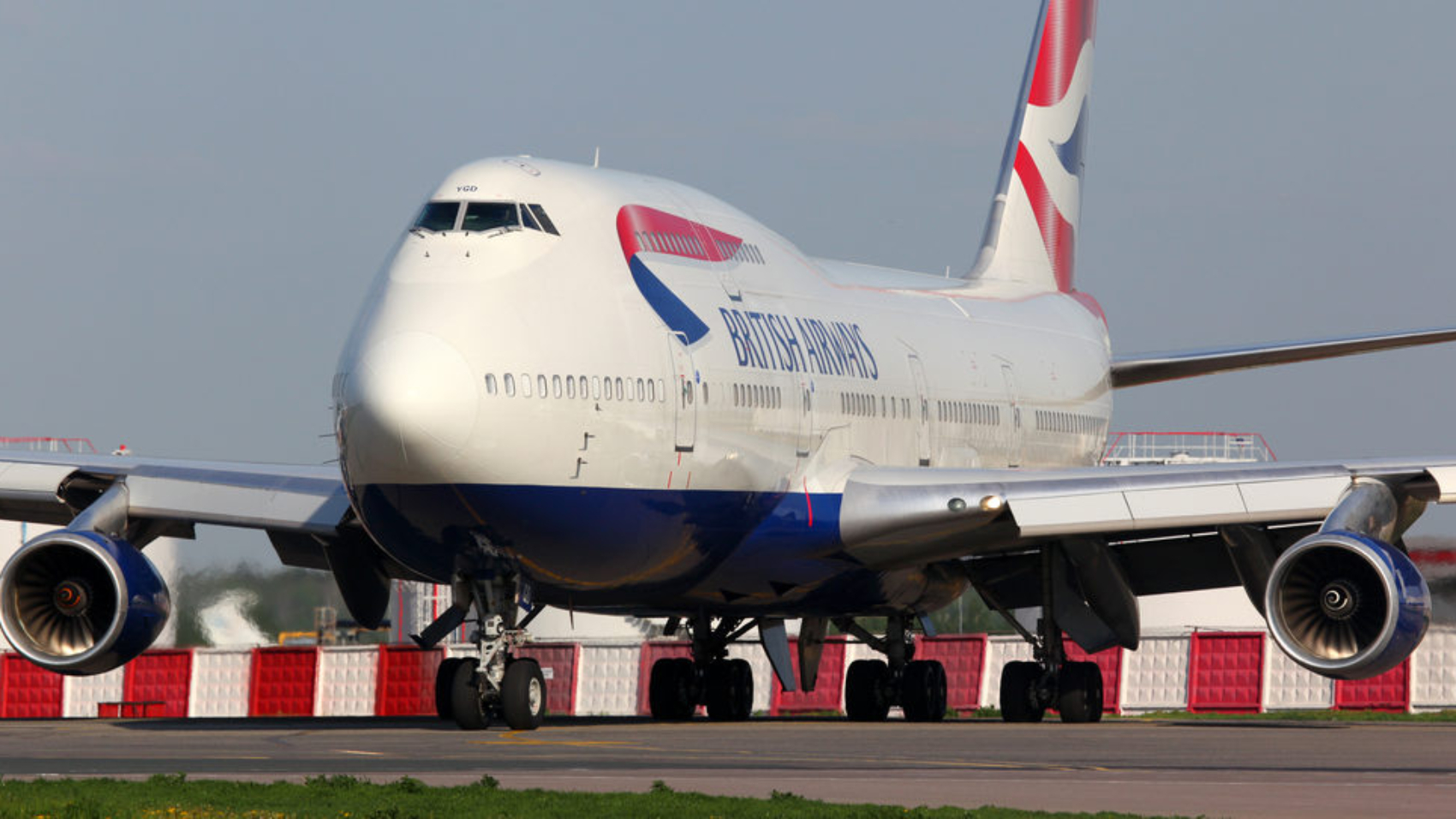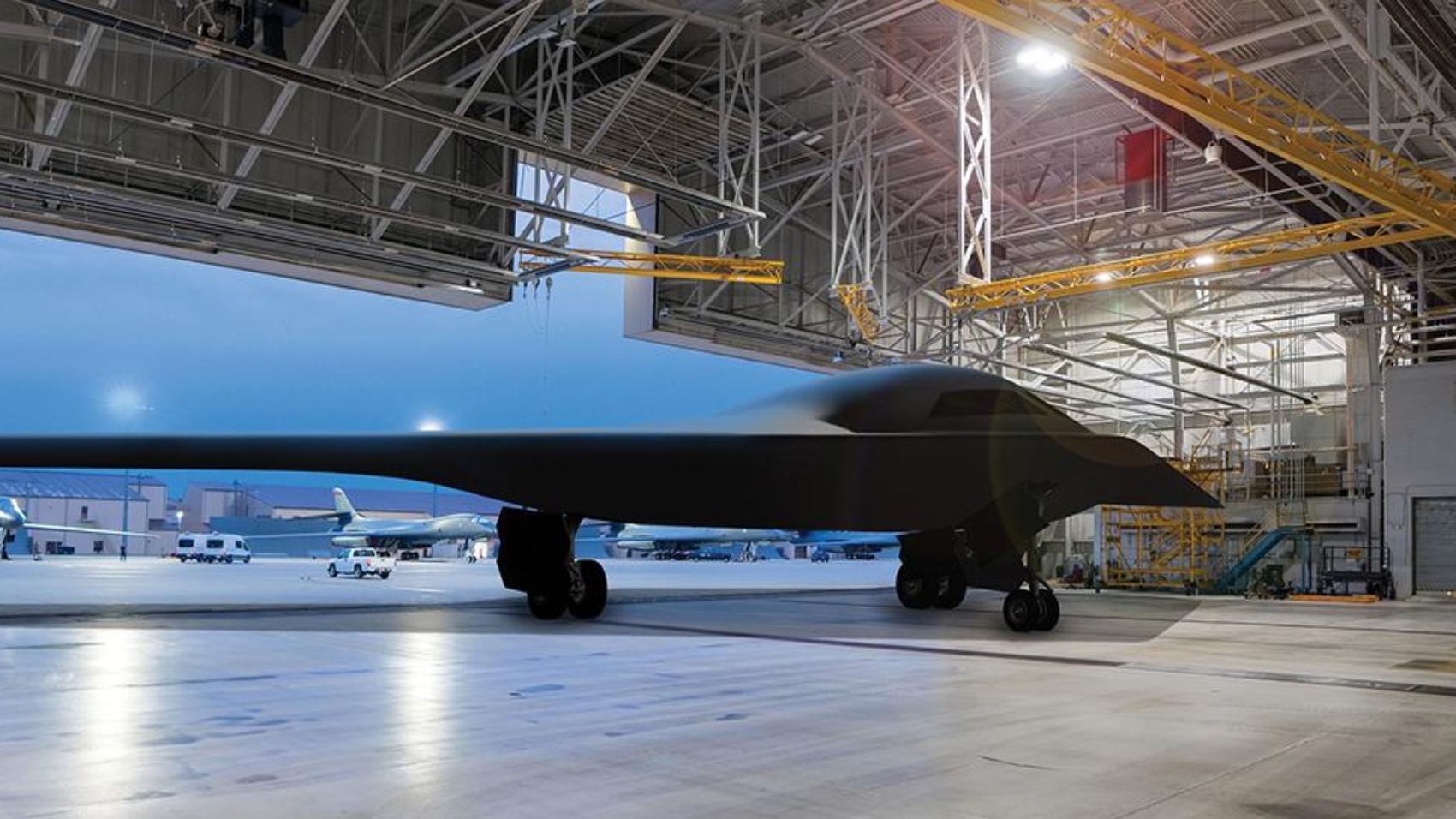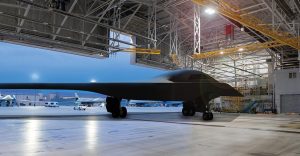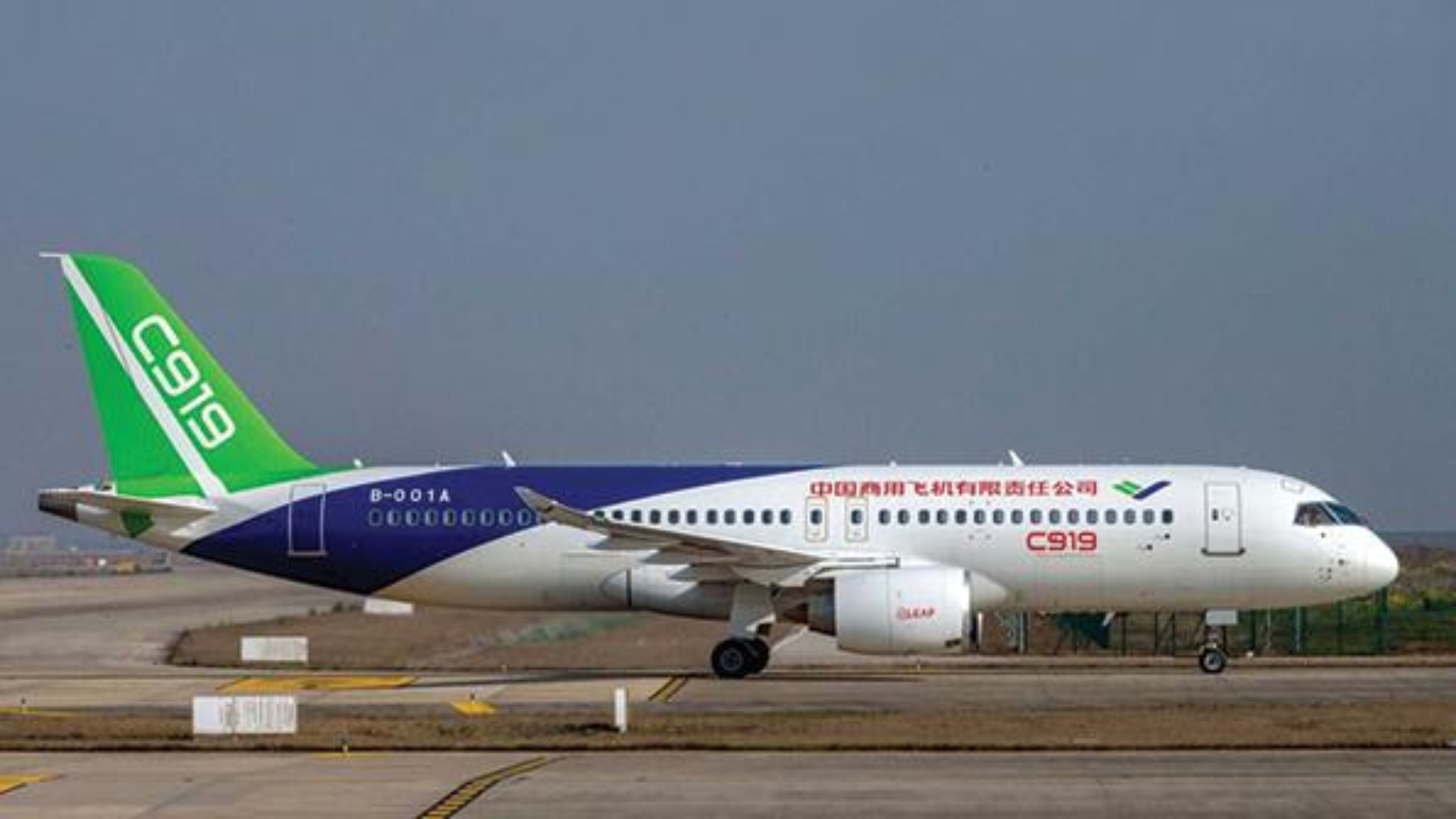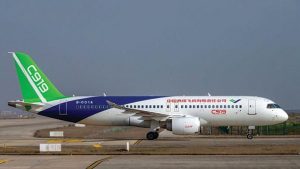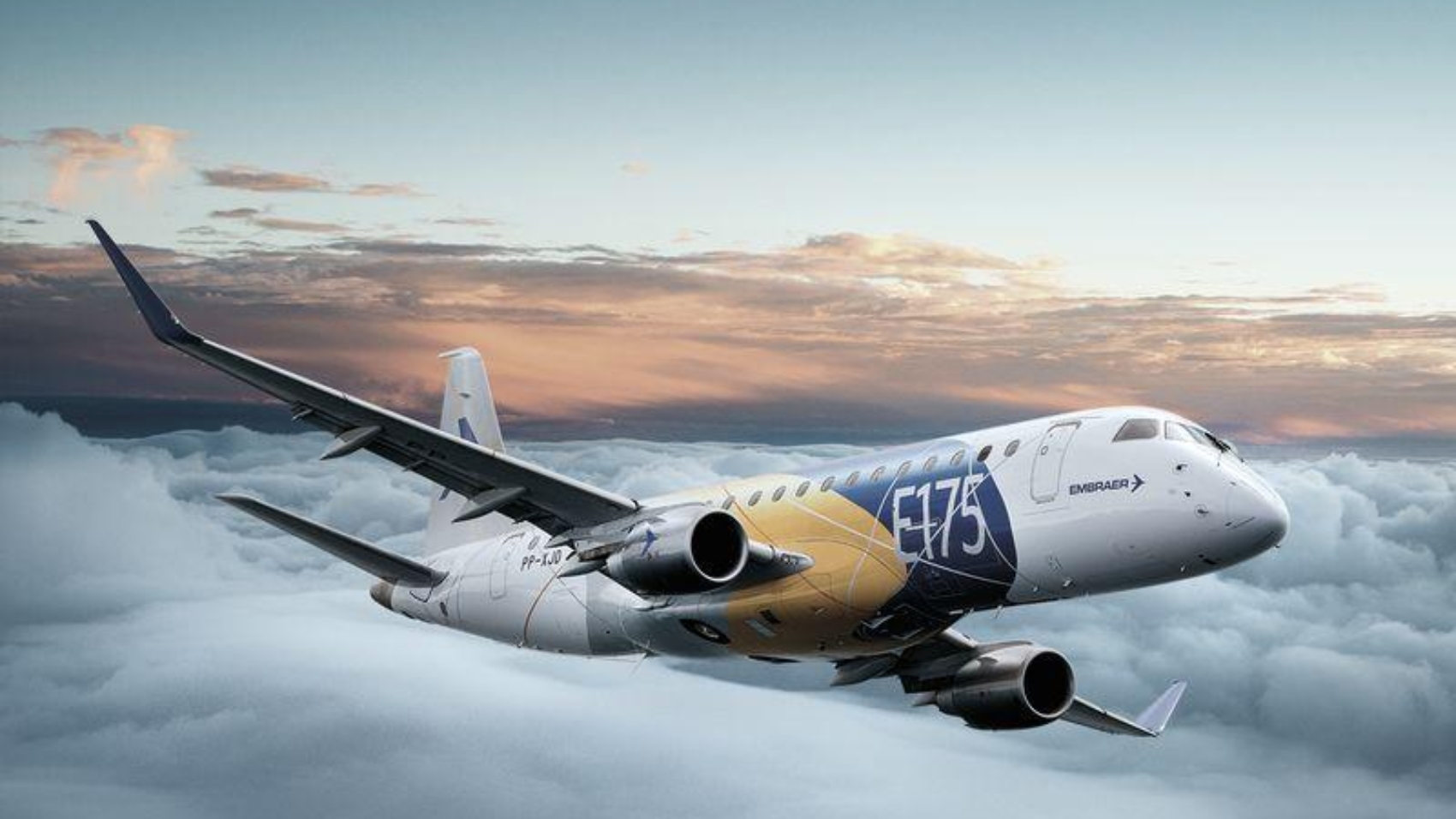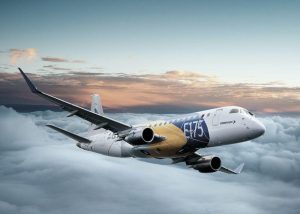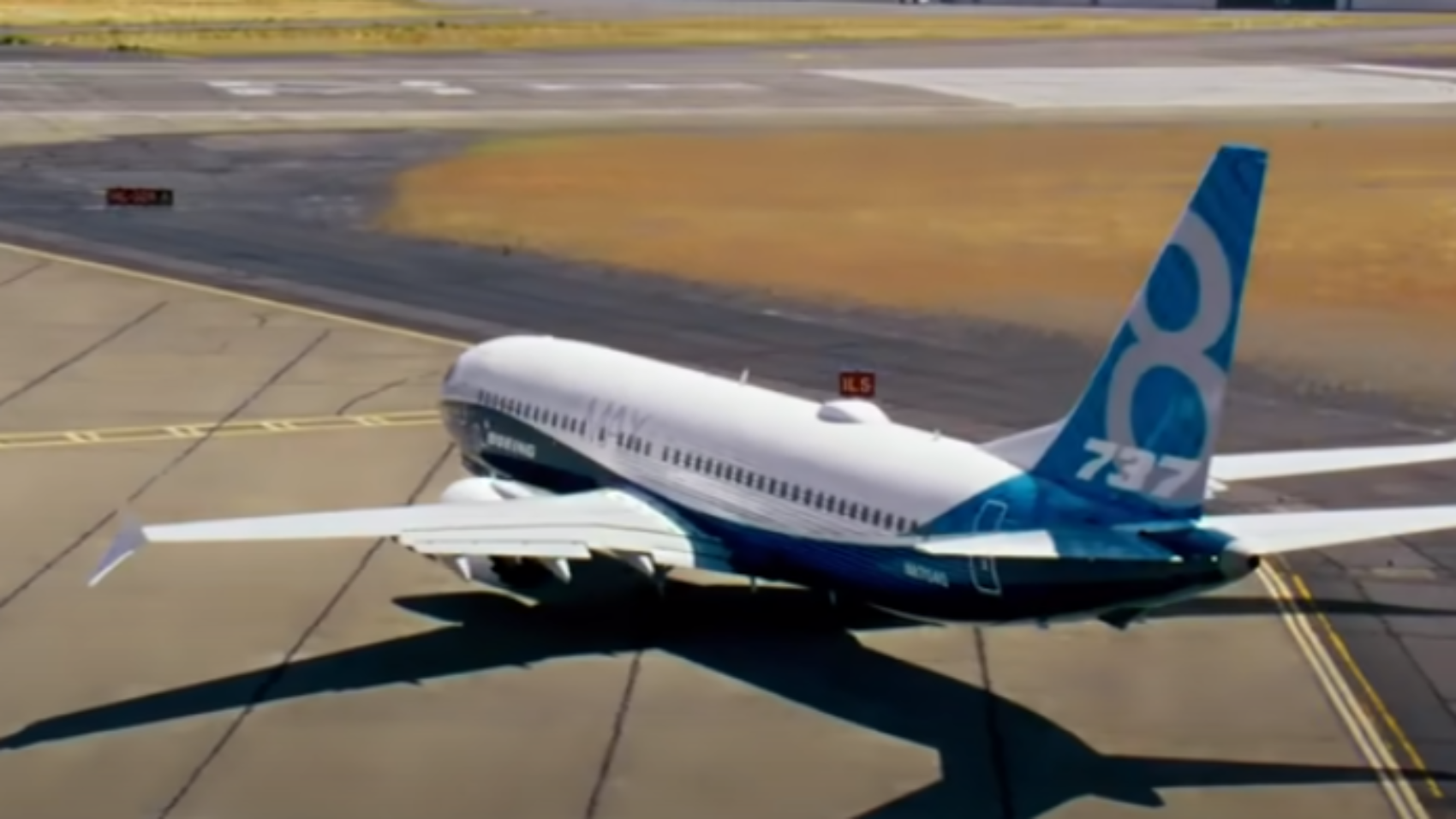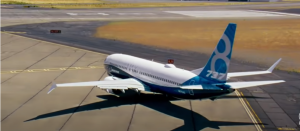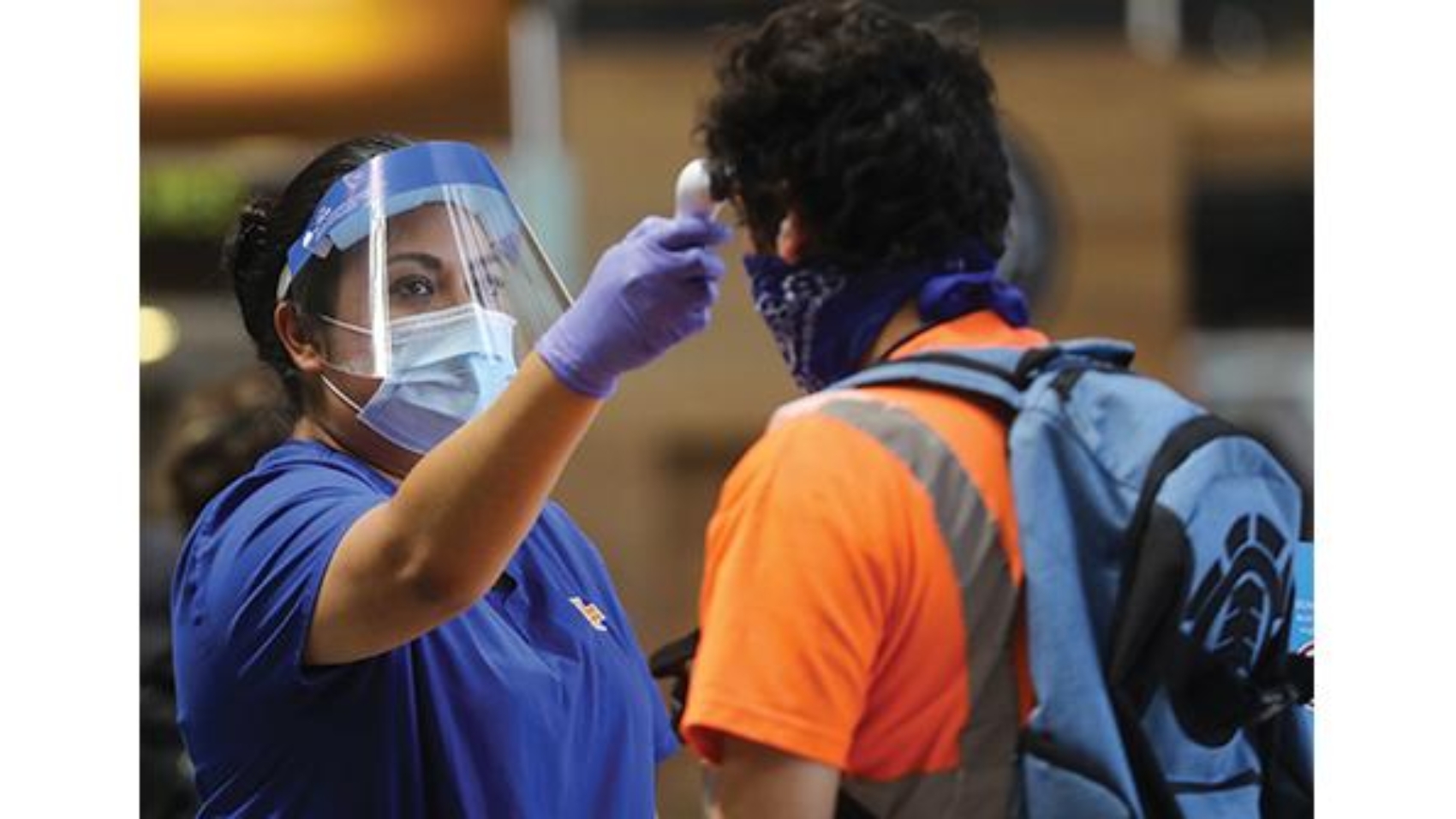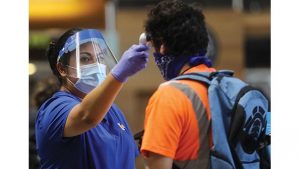Some airplanes won’t survive the COVID-19 pandemic.
As the global health crisis continues to disrupt the aviation industry, more airlines are retiring entire fleets of aircraft – including some aviation icons: the Boeing 747, Airbus A380 and McDonnell Douglas MD-80, to name a few.
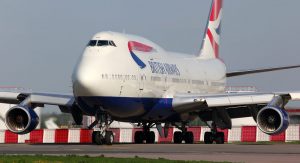
Why are these planes retiring? One reason is that major carriers like American, United and Delta are simply preparing to become smaller airlines. As a result of the drop in travel demand and in an effort to cut costs, the big three U.S. airlines are anticipating the need to reduce their networks and operations, and will likely furlough thousands of employees.
“Watching airlines retire their fleets . . . feels like a gut punch,” said Jeb Brooks, a North Carolina-based aviation blogger. “These are more than mere machines – they demonstrate incredible engineering, they’ve created countless memories and represent thousands of jobs.”
While some aircraft retirements were inevitable, like Delta’s aging MD-88, other announcements took aviation professionals and enthusiasts by surprise. That’s especially true of the iconic Boeing 747, fondly referred to as the “Queen of the Skies.” Read full article on blue sky news
FrancklinPierre.com / Facebook and Instagram : @FrancklinForExchange / Twitter: FrancklinForEx / Whatsapp: +1 305 771 0383
This page is managed by: Caribbean Rack / Whatsapp us via: +1 305 998 0505
